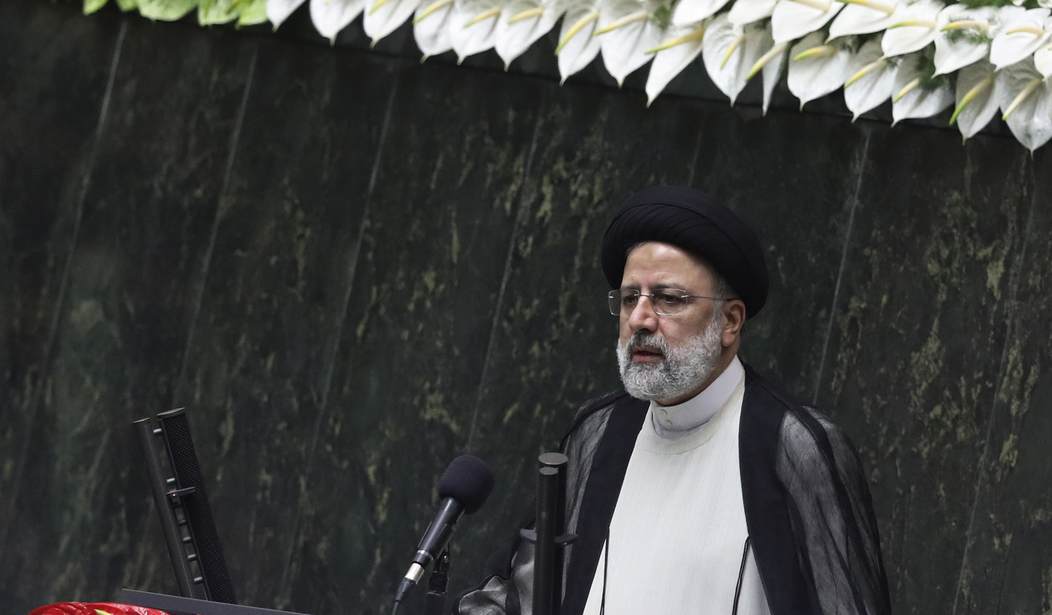New credible evidence shows that there are unspeakable crimes and catastrophes taking place in Iranian prisons. The facilities are old and dilapidated, they are overflowing with prisoners, there is physical and psychological torture, and the regime clearly uses all this to intimidate the restive population.
Newly released documents obtained from inside the regime's judiciary reveal a harrowing picture of Iranian prisons. They show that within 277 prisons, the number of actual prisoners is much higher than "nominal capacity" in those prisons. For example, nominal capacity in one of the nation's largest prisons in the city of Tabriz is 1,500, but the actual number of prisons is 2.5 times higher at 3,788. In the Kurdish region of Sanandaj, the nominal capacity is 290 while the actual number of prisoners is over three times higher at 978.
In the city of Karaj, near capital Tehran, the documents show 2,150 beds while the number of prisoners are said to be 7,800, almost quadruple the number of available beds. Consequently, many prisoners are dealing with psychological torture and chronic sleep deprivation.
The treasure trove of documents, obtained by the main opposition Mujahedin-e Khalq (MEK), also reveal the names of over 33,000 and pictures of 22,000 staff and personnel of the Prisons Organization, including wardens, interrogators, intelligence agents, and executioners.
The Prisons Organization is one of the most serious human rights abusers in Iran and is directly involved in brutal suppression, torture, and executions, particularly with respect to dissidents and civil rights activists.
Recommended
These startling revelations provide a fresh indication of the prowess of the MEK's domestic social network. The opposition's activists have exposed thousands of other documents covering other aspects of the regime's dangerous activities, including its nuclear weapons program and regional terrorism. In fact, the MEK was the first to expose Tehran's clandestine nuclear activities in August 2002.
With respect to human rights, the 68th United Nations General Assembly resolution censuring human rights abuses in Iran, adopted on December 16, 2021, expressed serious concern about “the alarmingly high frequency of the imposition and carrying-out of the death penalty,” “widespread and systematic use of arbitrary arrests and detentions,” “deliberately denying prisoners access to adequate medical treatment and supplies,” and “appalling acts committed by prison guards at Evin prison,” “harassment, intimidation, and persecution, including abductions, arrests, and executions, of political opponents, human rights defenders,” and “arbitrary arrest and detention, and torture and other cruel, inhuman or degrading treatment or punishment against peaceful protesters,” and “the use of torture to extract confessions, and cases of suspicious deaths in custody.”
The latest revelations are a compilation of information and documents from inside the regime's judiciary, which include facts and figures that shed light on what goes on inside the regime's prisons. The UN and other relevant organizations should now be aware of these developments and act accordingly.
Regarding the situation of prisons, Mrs. Maryam Rajavi, the President-elect of the National Council of Resistance of Iran (NCRI), said on August 24, 2021: “Under the Iranian regime, prisons have no meaning other than torture chambers and dungeons.”
As Rajavi and the MEK have stated, the dossier on the horrific and systematic human rights violations in Iran, especially its conduct in prisons, must be referred to the UN Security Council. The leaders of the regime must be brought to justice for four decades of crimes against humanity.
In addition to 267 prisons, detention centers, camps, and penitentiaries run by the regime’s Prisons Organization until July 2020, the State Security Force (SSF) and the Ministry of Intelligence have 159 and 147 separate detention centers, respectively.
Many of the prisoners are protesters arrested during recent uprisings - such as the November 2019 uprising and this month's protests over inflation - as well as activists of the MEK's expanding "Resistance Units," or small teams of activists organizing protests. The organization has obtained a "highly confidential" list of 2,567 prisoners. Their charges include “Insulting the Supreme Leader,” “insulting sanctities,” and “membership in the Mujahedin-e Khalq (MEK), propaganda activities against the regime, insulting the Imam and the leadership.”
The United Nations and human rights organizations have a moral and mandated duty to force the regime to stop its horrendous crimes in hundreds of prisons across the country. Opponents are arrested, tortured and executed for defending their freedoms. This case must be referred to the UN Security Council, not tomorrow but today.
Ken Blackwell is the former United States Ambassador to the United Nations Human Rights Commission.
























Join the conversation as a VIP Member